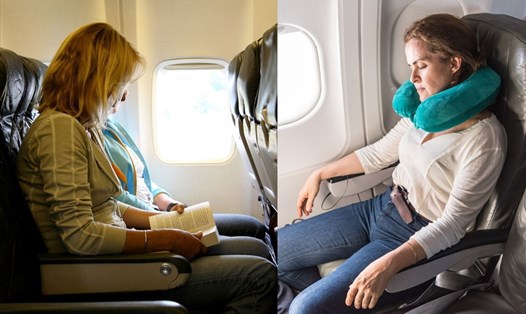Dr Rakesh Gupta, Senior Consultant, Internal Medicine, Indraprastha Apollo Hospital, Delhi (India) – shares some comprehensive guidelines to help people with certain chronic conditions stay healthy and comfortable during their flight:
Diabetes Management
Long-haul flights can disrupt your routine and affect your blood sugar control, so you may want to consult with your doctor about adjusting your medication or insulin schedule, especially when traveling across time zones.
Dr. Rakesh Gupta recommends packing insulin vials, syringes or pens in your carry-on luggage, along with your current prescriptions. Pack snacks like nuts or granola bars to prevent hypoglycemia, as in-flight meals may not always be suitable for your needs.
Avoid dehydration during the flight, as this affects blood sugar levels.
Walk around the cabin every 1–2 hours to improve circulation. Monitor your blood sugar, especially on long flights.
Cardiovascular health
People with heart disease should be cautious about immobility and changes in cabin pressure.
Therefore, you should keep emergency medications, such as nitroglycerin, within easy reach.
Avoid heavy foods and alcohol, as these can aggravate symptoms. Do simple leg exercises, such as ankle rotations, to reduce the risk of deep vein thrombosis (DVT). Use pillows or props to keep you comfortable and reduce stress on your heart.
Lung condition
Dry cabin air and changes in pressure can cause symptoms for people with asthma or chronic obstructive pulmonary disease (COPD).
Check with your doctor about using supplemental oxygen if needed. Many airlines can accommodate this if you give advance notice. Bring a copy of your oxygen prescription and inhaler for the trip.
Use an inhaler before flying if advised by your doctor. Avoid exposure to strong odors or perfumes that may trigger asthma attacks. Practice controlled breathing techniques to manage discomfort during changes in pressure.











